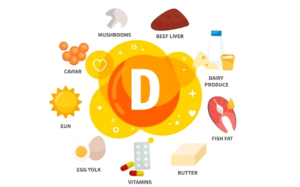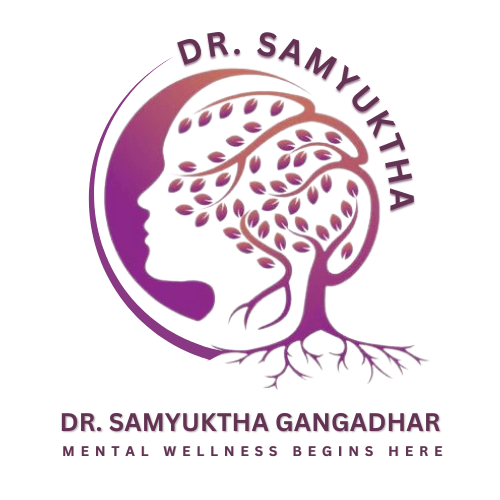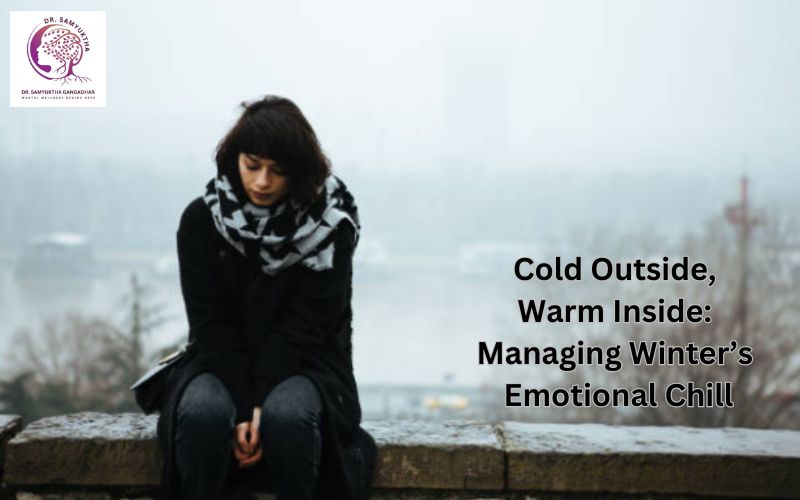Understanding Winter Depression
Winter is a time for snuggling under soft blankets, enjoying hot drinks, and celebrating festive moments. Yet for many, it’s also a time of emotional struggles, often marked by feelings of sadness, low energy, and disconnection. This condition, commonly known as winter depression or Seasonal Affective Disorder (SAD), affects millions worldwide. Understanding its causes and learning to manage it can bring warmth and light back into your life during the darkest months of the year.
What is Winter Depression?
Winter depression, or SAD, is a type of depression that typically occurs during the late fall and winter months. It’s linked to reduced exposure to sunlight, which affects your body’s internal clock (circadian rhythm) and disrupts the production of serotonin and melatonin—chemicals responsible for mood regulation and sleep. Symptoms often ease in spring and summer but can significantly affect daily life during winter.
Common Symptoms:

- Persistent sadness or low mood
- Fatigue and lack of energy
- Difficulty concentrating
- Changes in appetite, particularly craving carbohydrates
- Oversleeping or trouble waking up
- Social withdrawal
Who is at Risk?
Several factors increase the likelihood of developing winter depression:
- Geography: People living in regions with long winters and limited daylight hours are more prone.
- Biological Factors: A family history of depression or SAD increases risk.
- Gender and Age: Women are more likely to experience SAD, and symptoms often start in young adulthood.
- Mental Health History: Individuals with existing depression or anxiety disorders are more vulnerable.
How to Manage Winter Depression: A Comprehensive Guide
At Pushpa Mind Care, we emphasize a holistic approach to managing winter depression. Here are actionable strategies to help you navigate this challenging season:
1. Brighten Your Environment
- Light Therapy: Using a light therapy box that mimics natural sunlight can help regulate your body’s circadian rhythm and improve mood. Spend about 20-30 minutes daily under the light.
- Maximize Natural Light: Keep curtains open during the day and sit near windows to soak up natural sunlight whenever possible. Research suggests that just an hour of natural light exposure can significantly reduce symptoms.
2. Stay Active
Regular exercise is a powerful mood booster. Activities such as brisk walking, yoga, or indoor cycling can release endorphins, reduce stress, and improve sleep. According to Harvard Medical School, 30 minutes of daily exercise is as effective as some antidepressants for mild to moderate depression.
3. Prioritize Nutrition
- Consume a well-rounded diet that includes plenty of fruits, vegetables, whole grains, and lean proteins.
- Reduce your intake of sugar and processed foods, as they can cause energy dips.
- Consider omega-3 supplements, which have been shown to reduce symptoms of depression in several clinical trials.
4. Maintain a Consistent Sleep Schedule
- Stick to a routine by going to bed and waking up at the same time daily.
- Limit screen time before bed, and create a calming bedtime ritual.
5. Connect with Others
- Combat social withdrawal by staying connected with family and friends.
- Engage in community activities or join a support group for individuals experiencing similar struggles.
6. Practice Mindfulness and Relaxation Techniques
Mindfulness meditation, deep breathing, and progressive muscle relaxation can reduce stress and help you focus on the present moment. Apps like Headspace or Calm provide guided meditations tailored for managing depression and anxiety.
7. Seek Professional Help
If symptoms persist, consult a mental health professional. At Pushpa Mind Care, Dr. Samyuktha Gangadhar, M.D. (Psychiatry), specializes in evidence-based treatments for winter depression, including psychotherapy and medication when needed.
Medical Treatments for Winter Depression
1. Cognitive Behavioral Therapy (CBT)
CBT is an effective therapy for SAD, helping individuals identify and change negative thought patterns that contribute to their depression. A study published in the American Journal of Psychiatry found that CBT was as effective as light therapy for treating SAD, with longer-lasting results.
2. Medication
Selective serotonin reuptake inhibitors (SSRIs) or other antidepressants may be prescribed for severe cases. Medication should always be taken under the guidance of a psychiatrist.
3. Vitamin D Supplementation

Insufficient vitamin D levels are commonly associated with Seasonal Affective Disorder (SAD). Taking supplements can help address deficiencies, especially in regions with limited sunlight. A meta-analysis published in the Journal of Affective Disorders found that vitamin D supplementation improved depressive symptoms in individuals with low levels of the vitamin.
Myths About Winter Depression
- “It’s Just the Winter Blues”: While feeling a bit down during winter is common, SAD is a clinical condition that requires attention.
- “Only Sunlight Matters”: Although sunlight is a key factor, lifestyle changes and professional care play an essential role in recovery.
- “It Will Go Away on Its Own”: Ignoring symptoms can lead to worsening depression. Early intervention is crucial.
The Role of Pushpa Mind Care
At Pushpa Mind Care, we are committed to supporting your mental well-being year-round. Dr. Samyuktha Gangadhar, M.D. (Psychiatry), brings expertise and compassion to help patients overcome winter depression and lead fulfilling lives. Through personalized care plans, we aim to address not just the symptoms but also the root causes of SAD.
Final Thoughts
While winter’s chill can feel isolating, remember that you’re not alone. With the right strategies and support, it’s possible to rediscover warmth and joy even in the darkest months. Reach out to Pushpa Mind Care today to take the first step towards a brighter, healthier tomorrow.
FAQs
Yes, it’s common to feel depressed in winter due to less sunlight and colder weather. If symptoms persist, it could be Seasonal Affective Disorder (SAD). Dr. Samyuktha Gangadhar, M.D. (Psychiatry) at Pushpa Mind Care, can help manage these symptoms.
Winter depression, or Seasonal Affective Disorder (SAD), occurs during the colder months with symptoms like fatigue, irritability, and changes in sleep and appetite. Pushpa Mind Care offers expert treatment for SAD under the guidance of Dr. Samyuktha Gangadhar.
- Get sunlight exposure or use light therapy.
- Stay active with regular exercise.
- Eat a balanced diet to support mental health.
- Seek professional help from Dr. Samyuktha Gangadhar at Pushpa Mind Care for personalized treatment.
Taking action early can help manage winter depression effectively.

